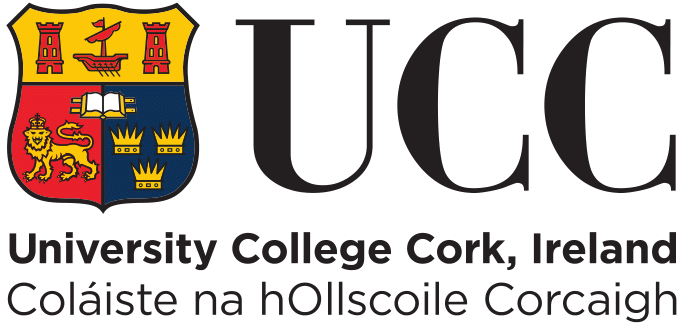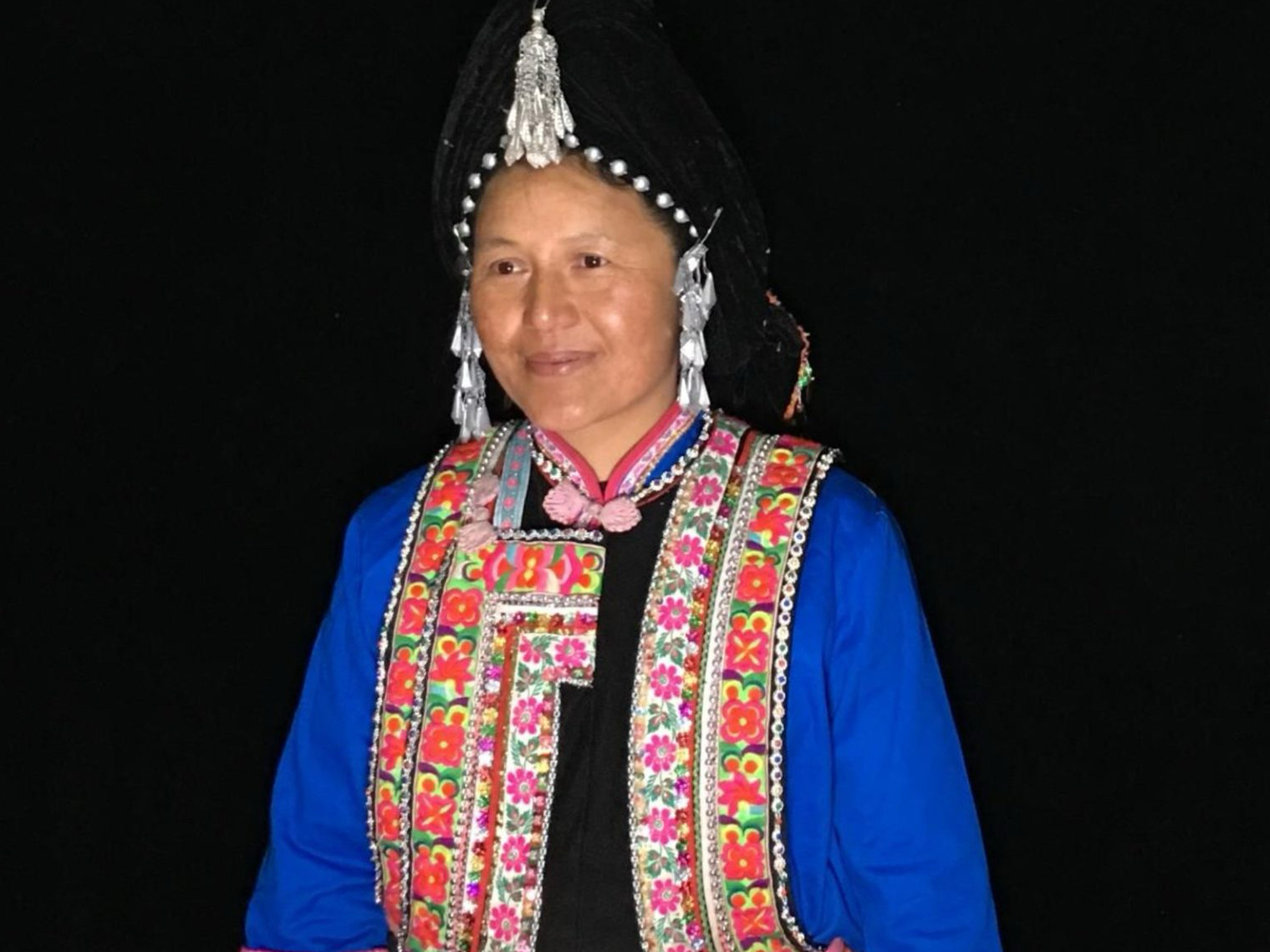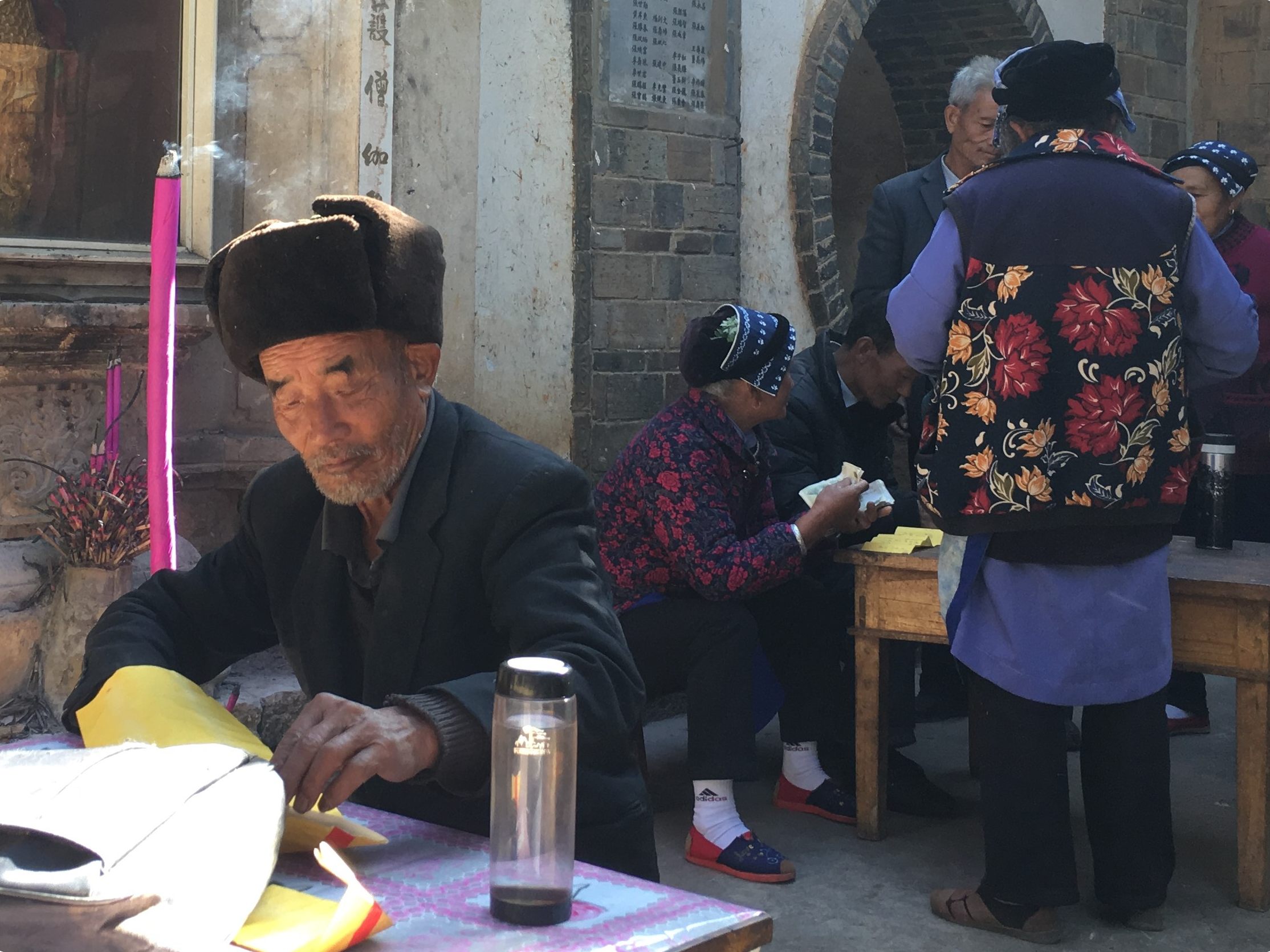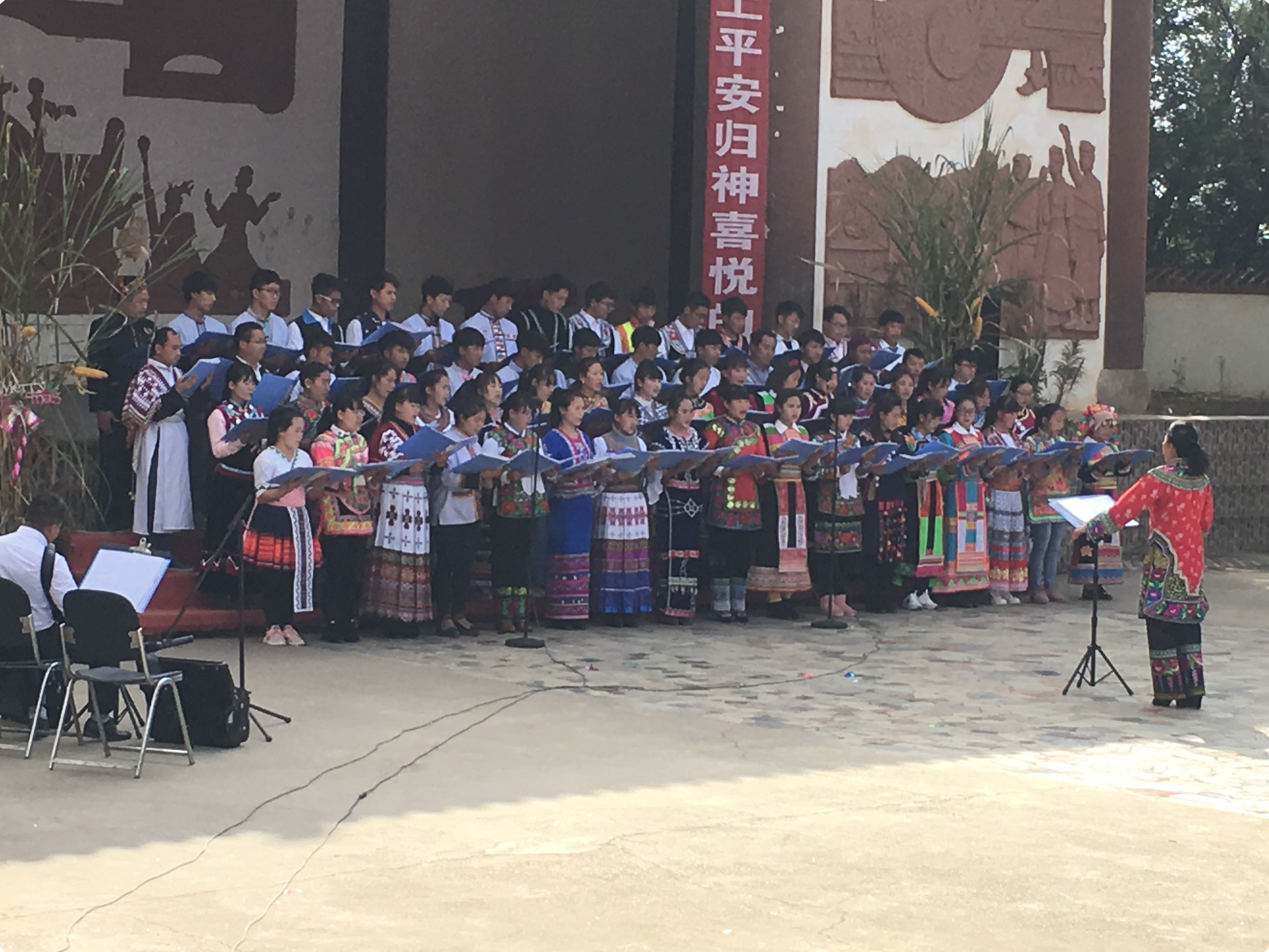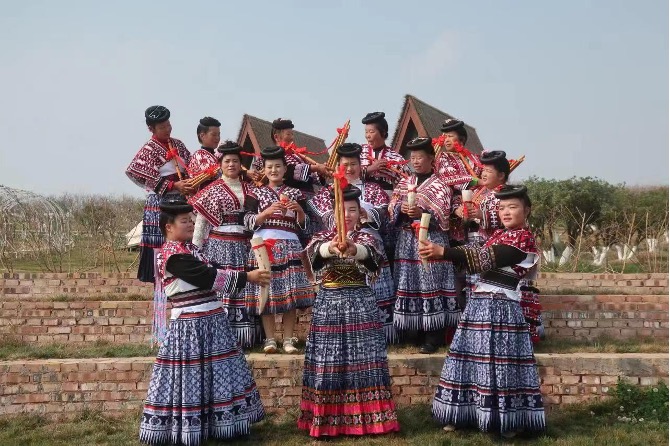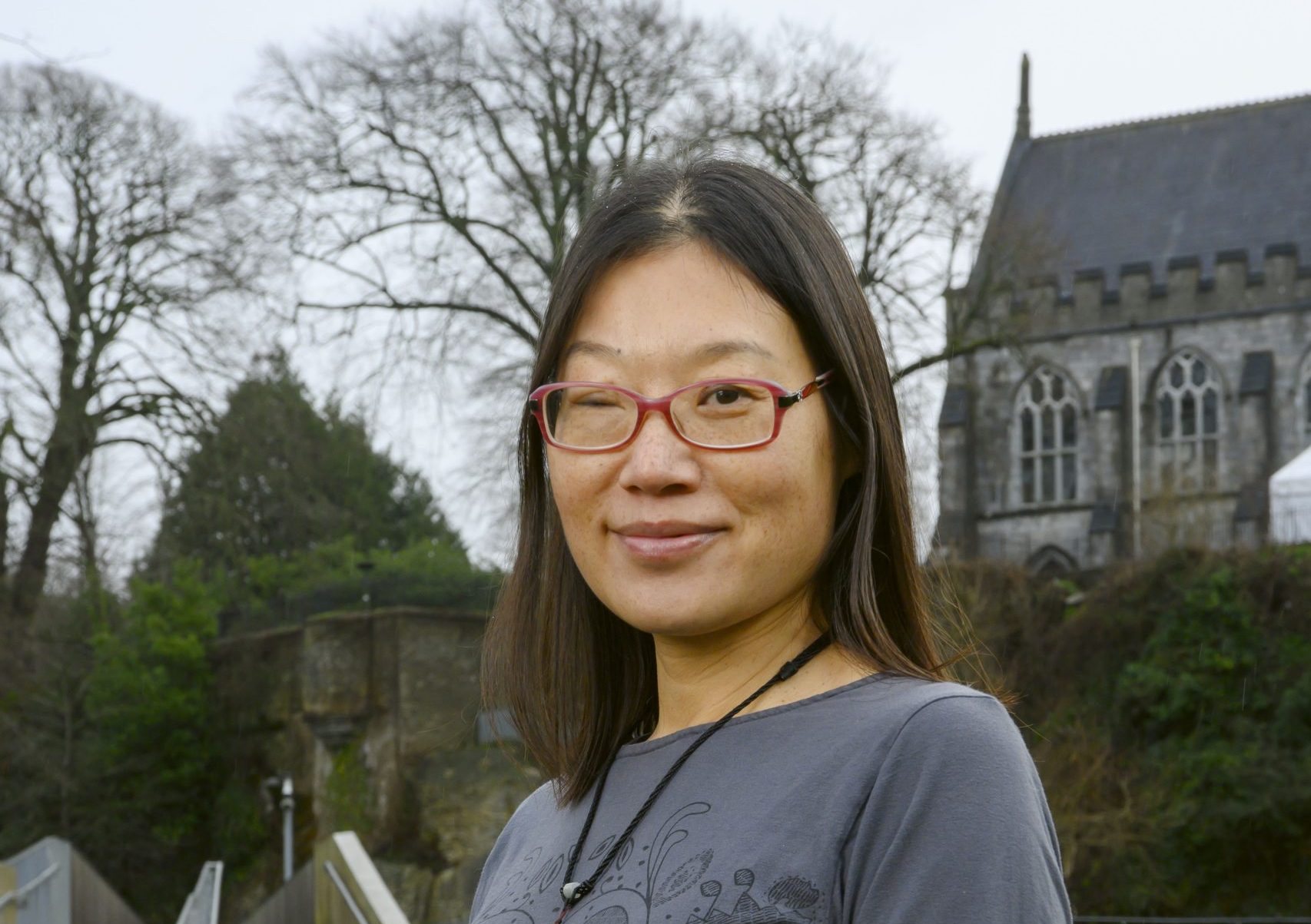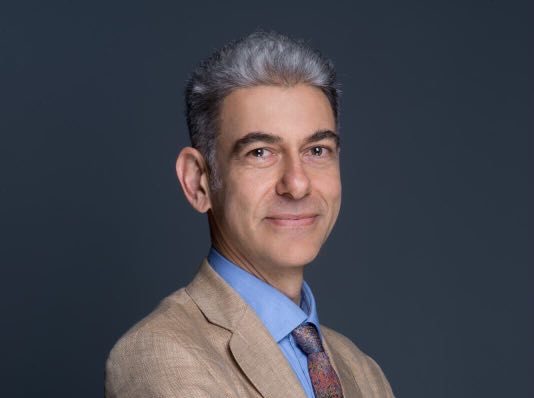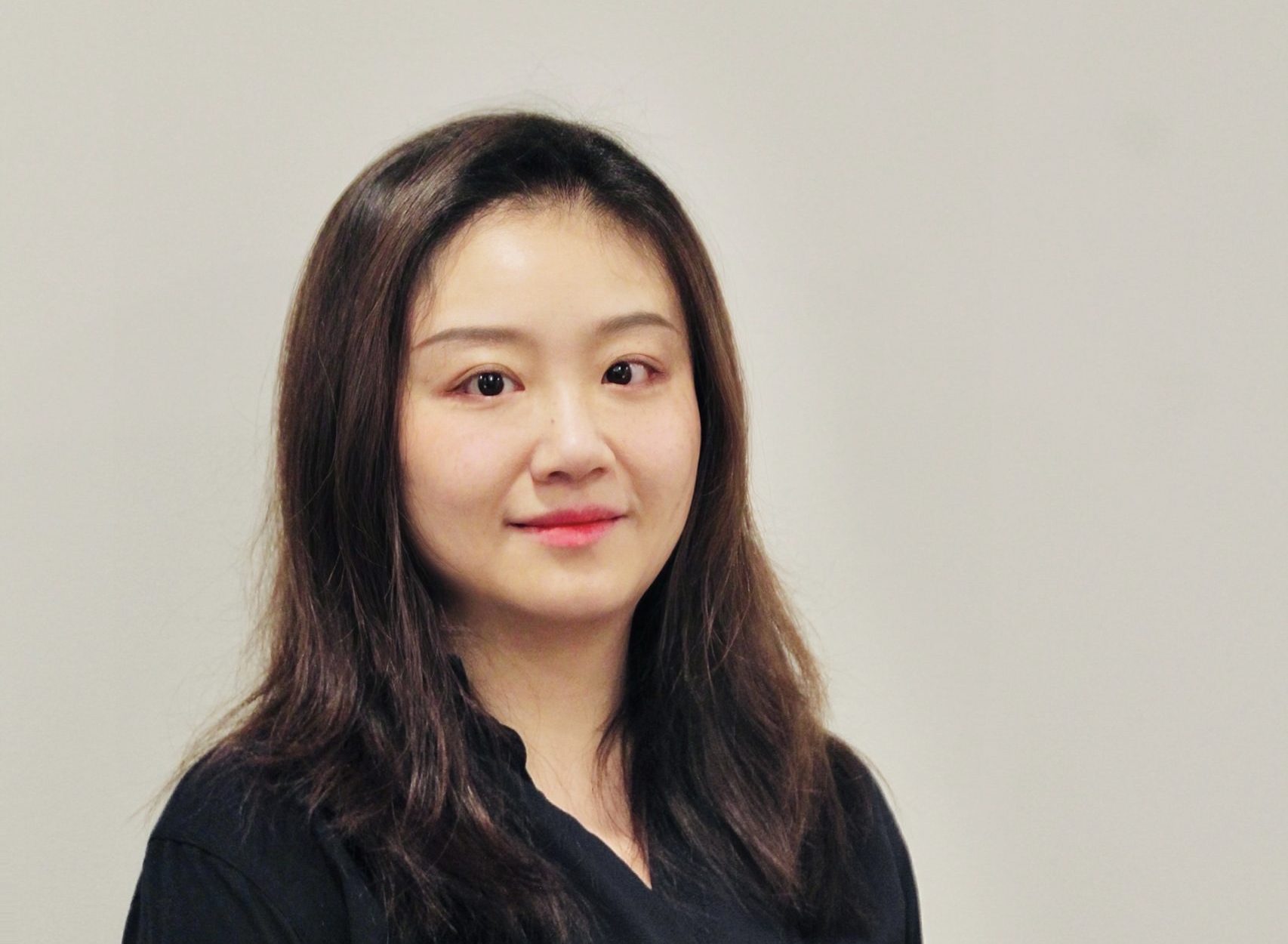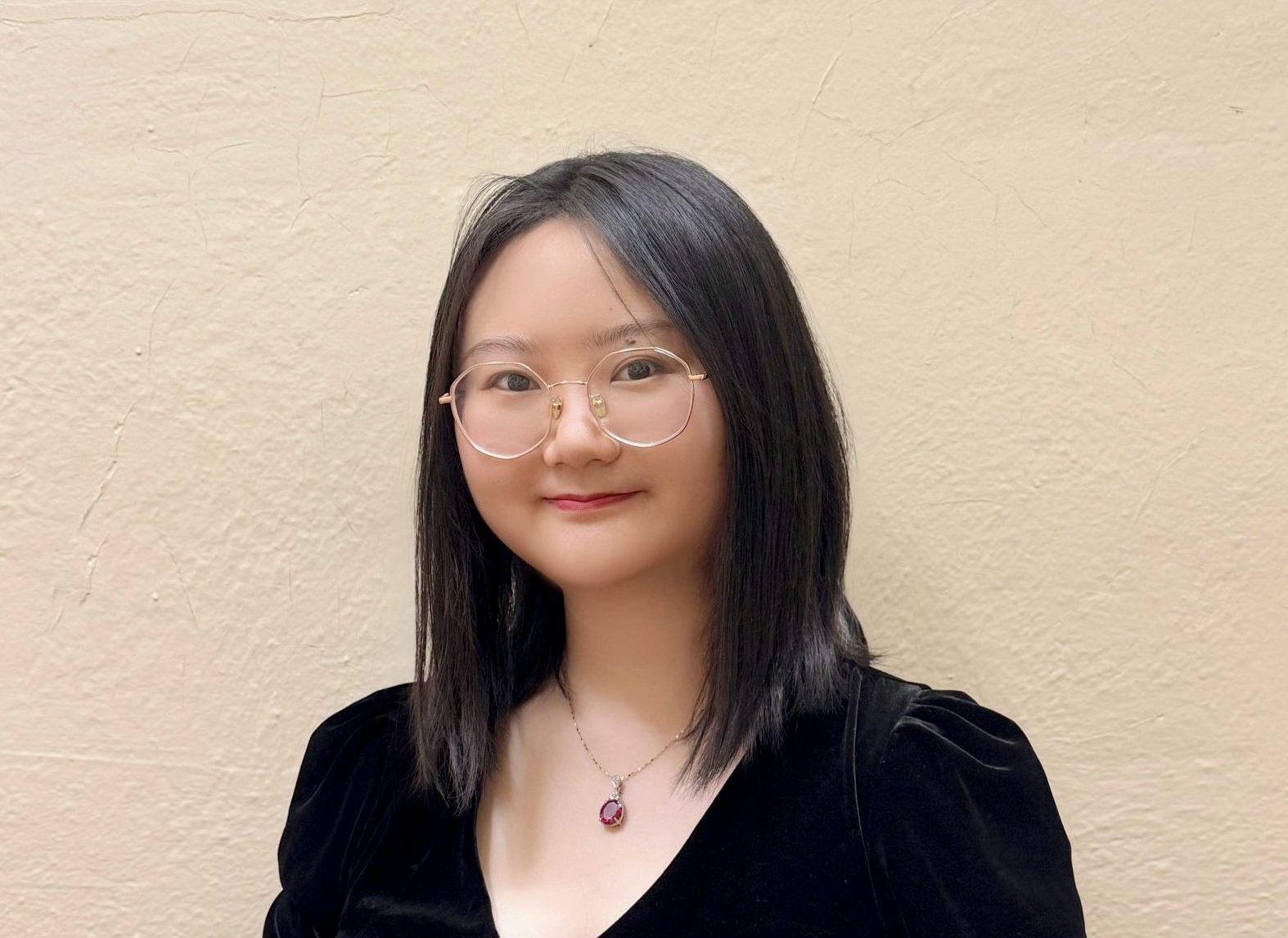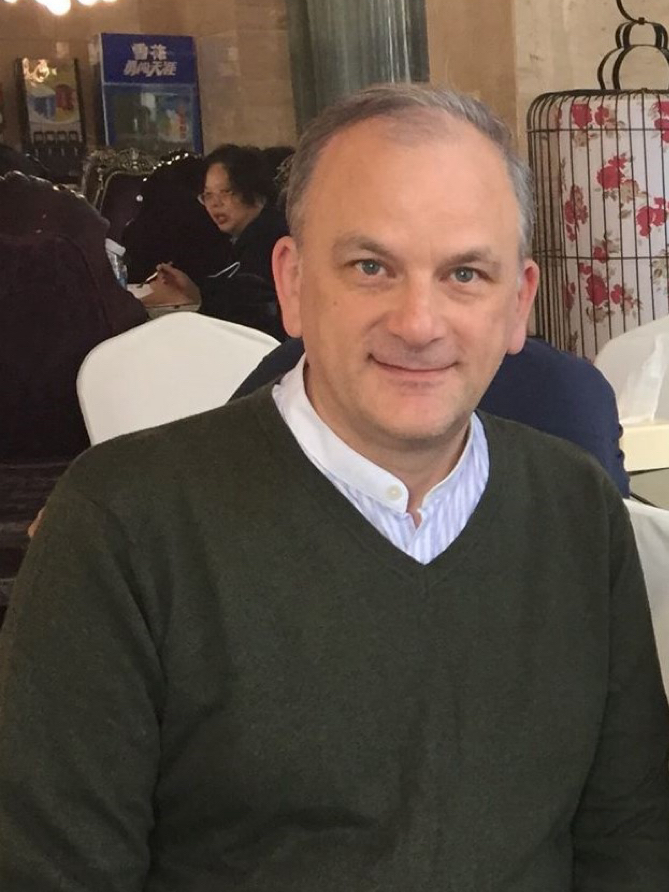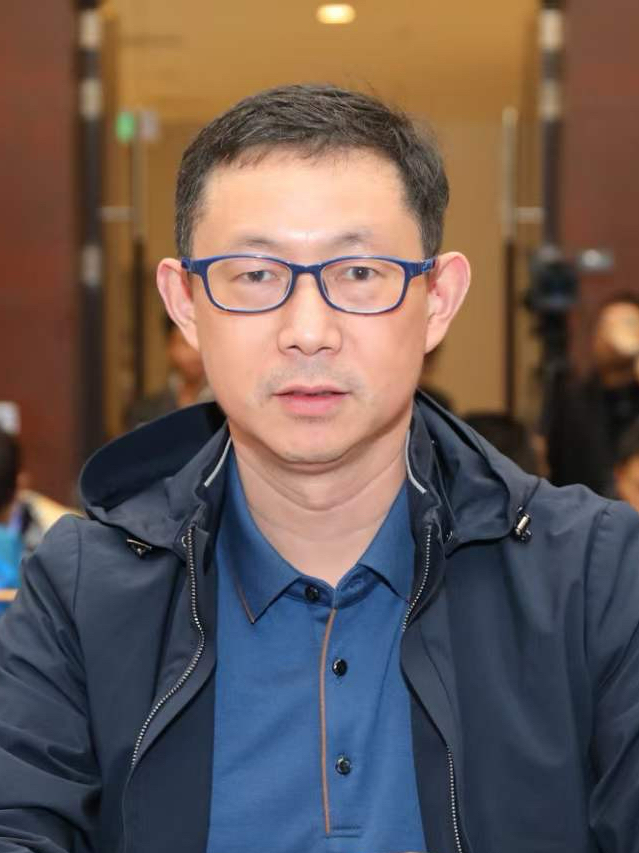ECura
Working in collaboration with members of three villages from China’s multi-ethnic Southwest, the research team seeks out ways to empower community members to take up the new digital technologies to become active collectors and curators of their traditional music and dance. The research includes the development of spoken language-oriented database for their Indigenous musical tradition and its associated software program used in digital social media platforms, enabling all villagers to readily record and share their own songs and other musical heritage digitally, and the creation of an online database dedicated to their artistry. The resulting research framework will be transferable to a broad cross-section of endangered cultures globally.
ECura研究团队与居住在中国云南乡村的彝、白、苗三个少数民族的村民合作,研究如何协助当地村民们运用新的数字技术来保存和管理他们的传统音乐和舞蹈。村民们可以使用ECura团队开发的以口语为导向的数据库及其相关的用于数字社交媒体平台的软件程序,记录和分享他们的歌曲和其他音乐遗产。同时,ECura团队还建立了一个网上数据库,用于展示村民们的艺术才能。ECura项目的研究方法和实践成果将会推广给国内外更多面临相同境遇的社区以及相关领域的学者和政策制定者,用来保护更多的濒危文化。
Click on the video below to watch the presentation of ECura project![]()
Project Collaborative Communities
ECura is collaboratively working with ethnic minority populations from three villages in Southwest border of China. They are Yi people in Mayou, Bai people in Qifeng and Miao people in Xiaoshuijin. Each village community 1) sustains traditional music practices of a considerable scope; 2) has community leader who actively organize various cultural activities; and 3) has experience of working with external bodies offering resources and support.
Click on the village names to have more details![]()
Mayou village, located in Yao’an County, Chuxiong Yi Autonomous Prefecture, Yunnan, is predominantly inhabited by the Yi people, comprising 95% of its 2,223 residents. Known for its rich cultural heritage, Mayou is nestled among high mountains and is renowned for two nationally recognized Yi intangible cultural heritages: Meige, a comprehensive music tradition encompassing folk songs, dance, and oral literature, and Hulusheng, an ancient Asian free-reed mouth organ dating back about 2,500 years. [read more]
Qifeng village, located in Eryuan County, Dali Bai Autonomous Prefecture, Yunnan Province, has a population of 3,399, of whom are all Bai people. The village sustains various small community groups that practice various Bai music traditions on a daily basis. The villagers remain highly active in cultural practices, including religious rituals in the village temple, which accommodates three different religions (Daoism, Confucianism and Shamanism) and each religion has its own ritual music ensemble. [read more]
![]() Bai Agriculture Festival Broadcasted on China Central Television
Bai Agriculture Festival Broadcasted on China Central Television
Xiaoshuijing village, located in Fumin County, Kunming city, Yunnan Province. Xiaoshuijing has a population of 469, of whom all are Miao people, 80% of them being Christians. There are several choirs in the villages. The Miao village has developed a new music tradition Miao hymn, a hybrid of Miao traditional music, language, dance and costumes with elements of Western choral practices. [read more]
Xiaohai Xin Village is located in Tangzi Street, Xundian Yi and Hui Autonomous County, Kunming City, Yunnan Province. Currently, the village consists of 77 households, all of whom are Miao people. The Miao people in this Village belong to the Da Hua Miao subgroup and speak the Northeastern Yunnan Miao dialect. In 2020, Xiaohai Xin Village was designated as a Featured Village of Ethnic Minorities in China, highlighting its unique cultural and linguistic heritage. [read more]
Project Collaborative team
The collaborative elements of this project are of foundational significance to its success. PI and postdoctoral researchers will work cooperatively with local community leaders and musicians in each village. We are mentored and assisted by an international academic Advisory Board with special knowledge in ethnomusicology, anthropology, sociology and computer science, and local non-academic consultants, such as experts working in the government sector and media industry, intellectuals in mainstream culture, and community organizers, and is rely upon technical support for data storage and website maintenance and writing the tailored programs.
Research Team
Click the links to know more about the project team members ![]()
Community Leaders
The team works closely with community leaders in each village. These figures guide and approve activities, help us gather and share experience, and maintain good communications. The leaders’ role includes keeping in close contact with villagers who engage with the research and listening to their self-reflections on their communities and culture.
Xiaowei Guo
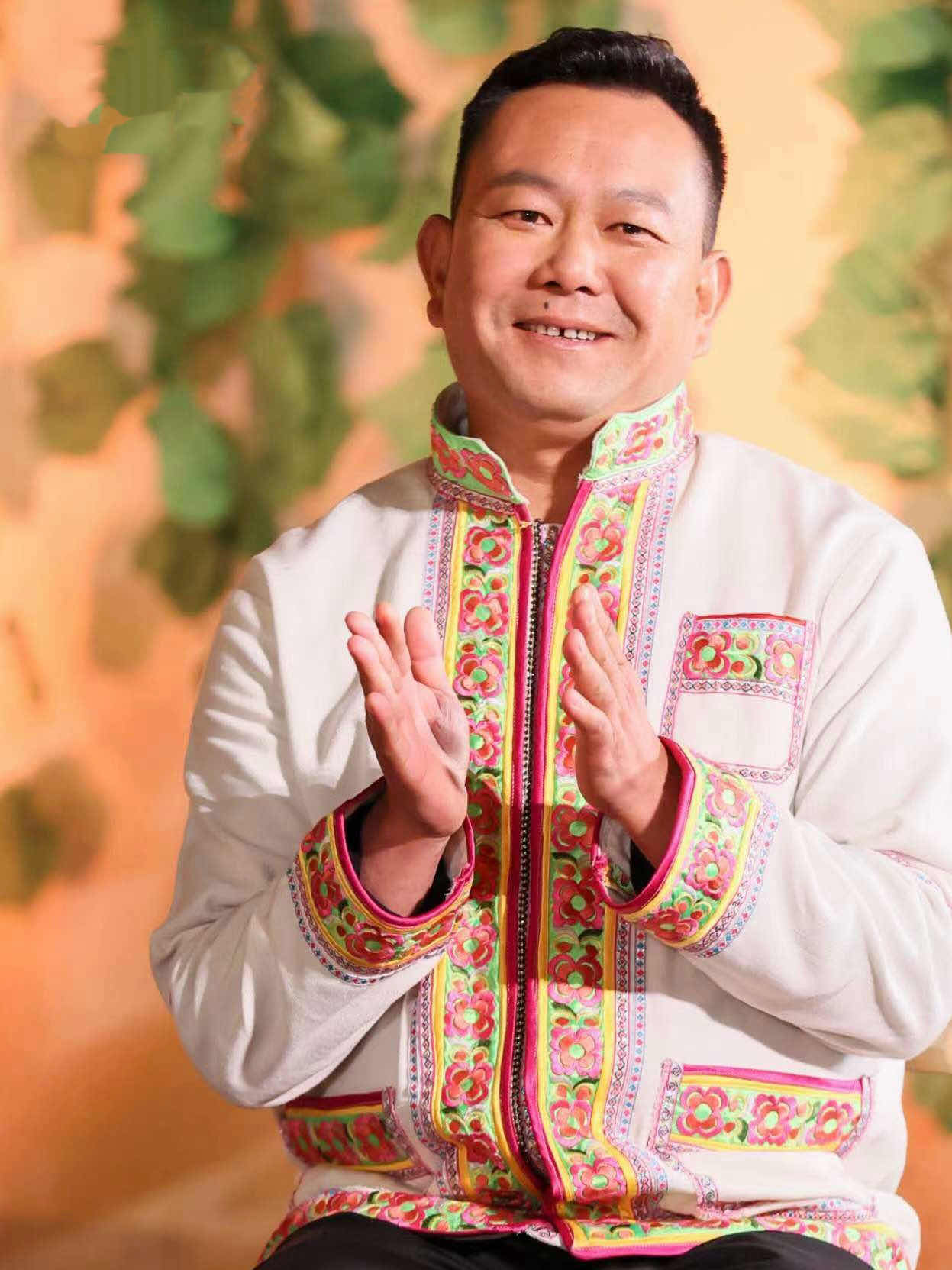
Yi village Mayou
Rongxiu Luo
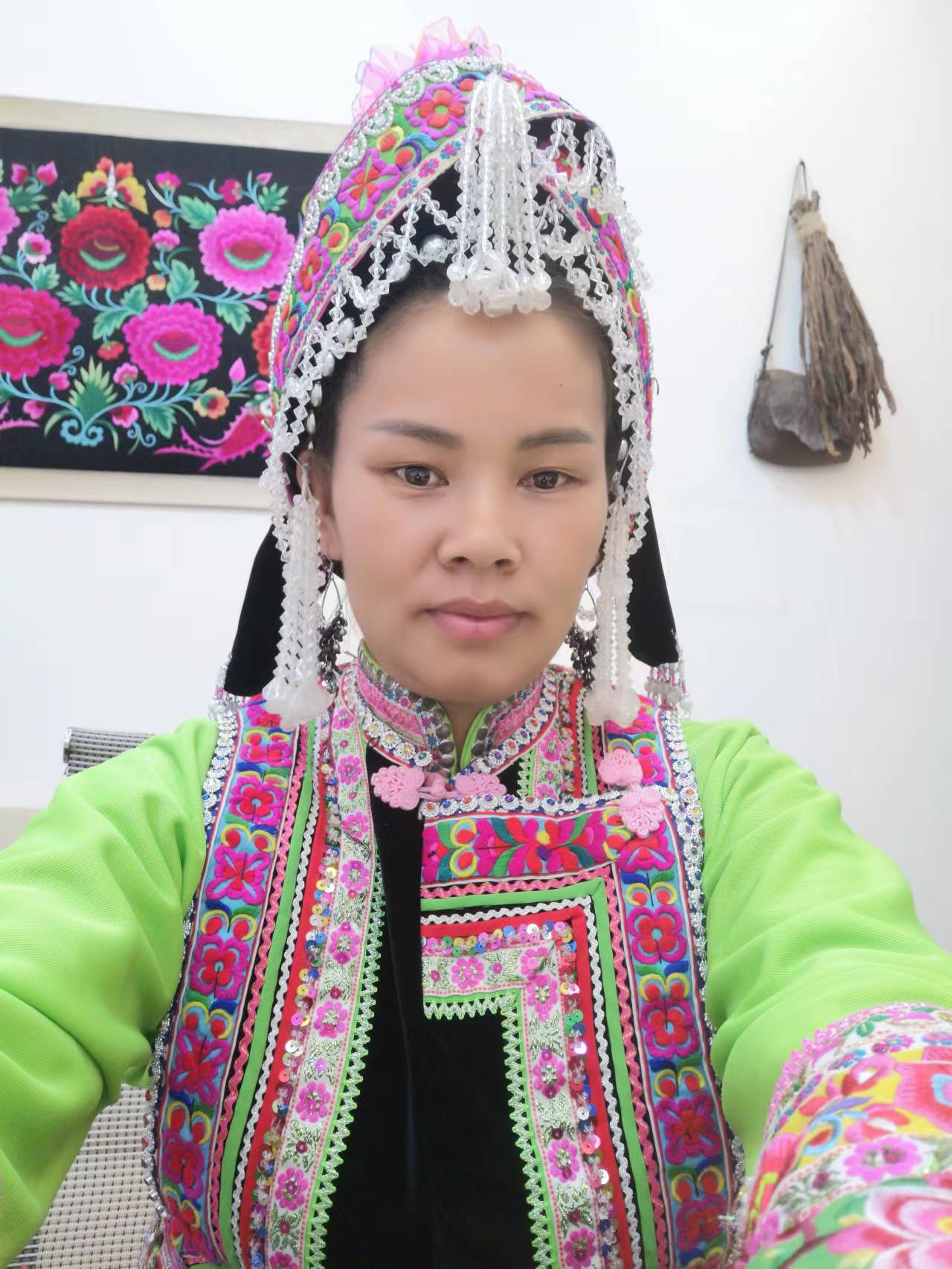
Yi village Mayou
Zhongming Zhang
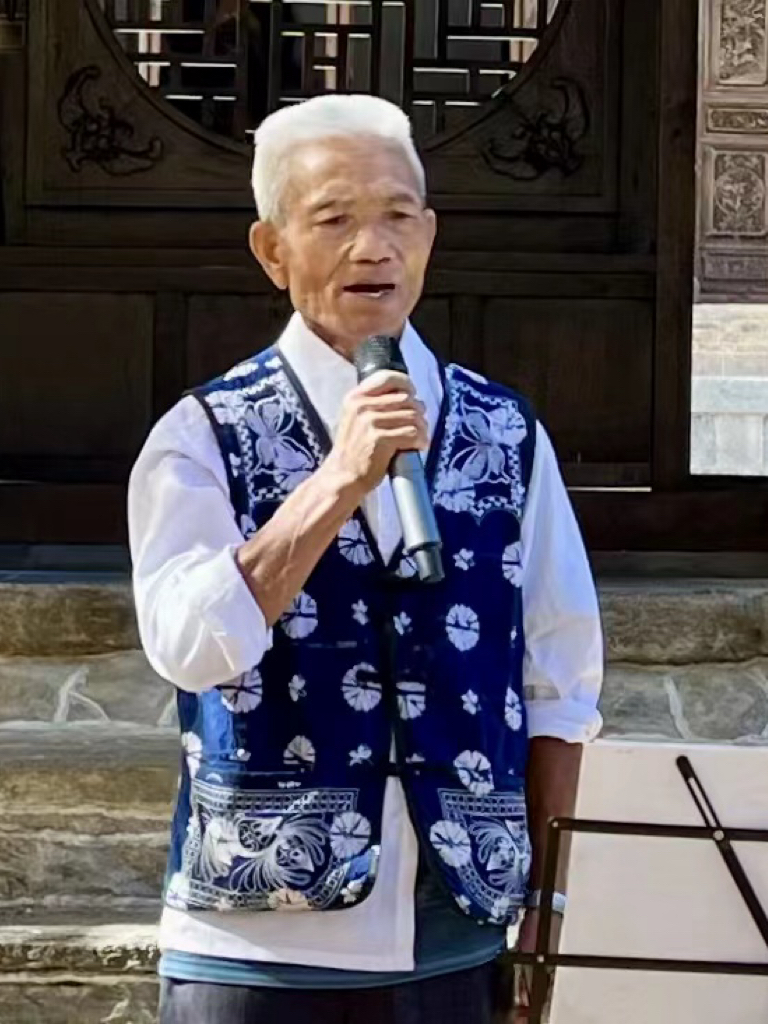
Bai village Qifeng
Bingcui Wang
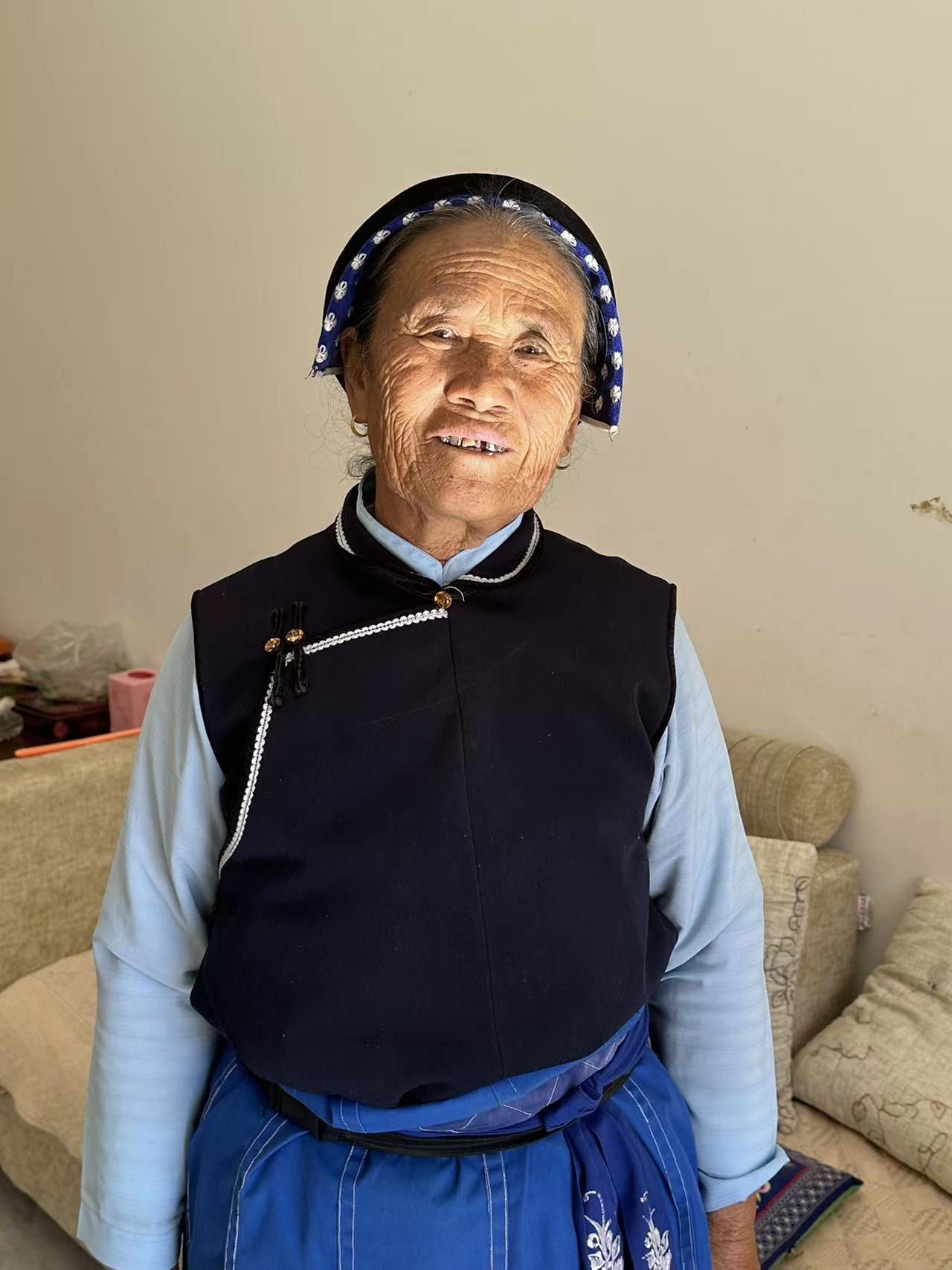
Bai village Qifeng
Jifan Yang
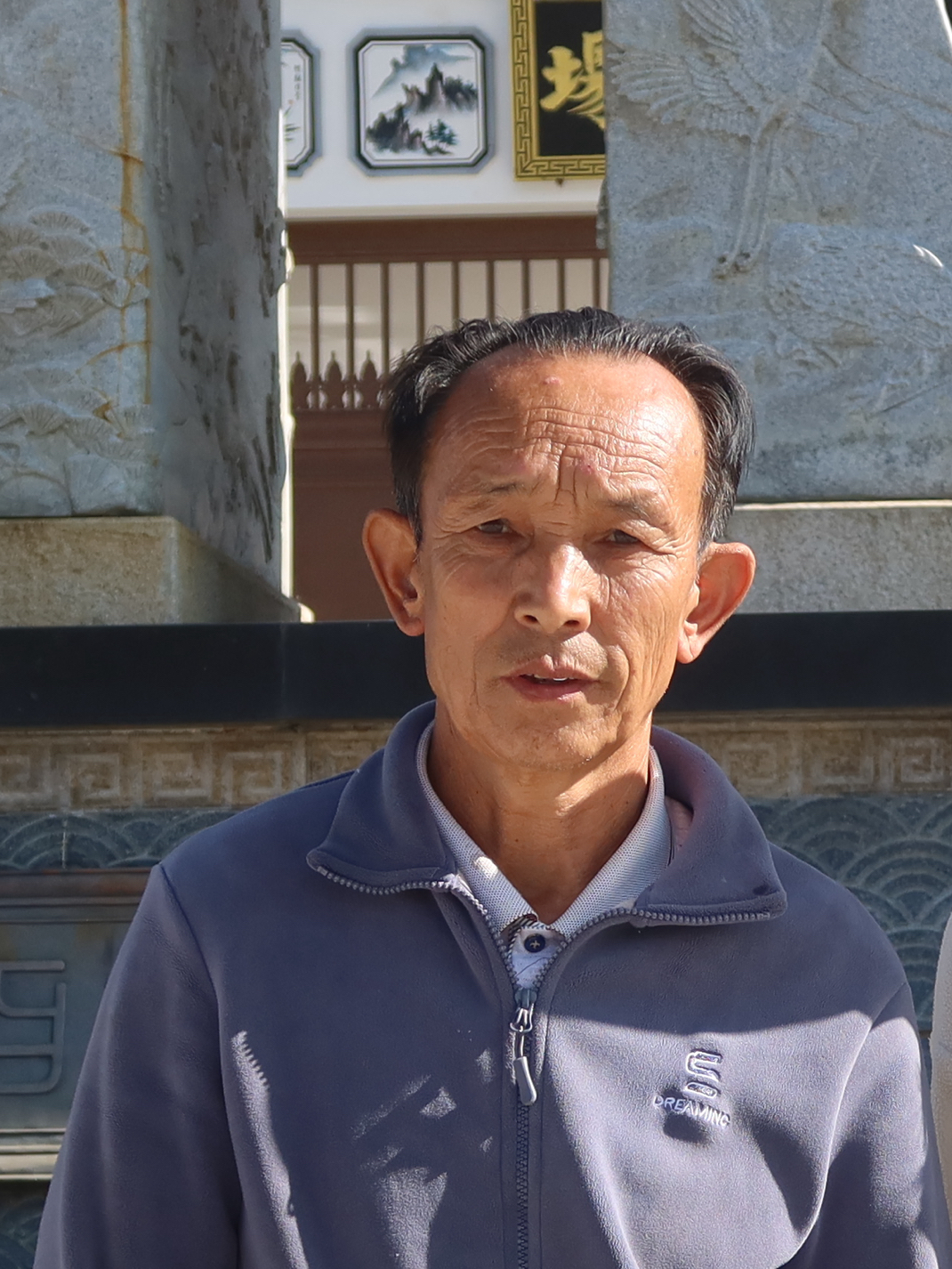
Bai village Qifeng
Hongming Zhang

Miao village Xiaohai
Haiyan Long

Miao village Xiaohai
The Roles of the Community Leaders from Three Villages
Xiaowei Guo. Head of The Centre of Intangible Cultural Transmission, Preservation and Exhibition, Yao’an county.
Rongxiu Luo. Director of the Meige Cultural and Art Development Center, Yao’an County.
Zhongming Zhang. A representative of Bai villagers in Qifeng Village, is respected for his relatively higher education level and voluntary dedication to financial management.
Bingcui Wang. Former Village Branch Secretary of Qifeng Village, now serves as the Director of the Senior Citizens Association of Qifeng.
Jifan Yang. An active inheritor of Bai music, is known for his passion for photography and for documenting music-related activities in Qifeng Village.
Zhang Hongming. A local music teacher at the primary school, also serves as the initiator and organizer of music and dance-related activities in Xiaohai New Village.
Haiyan Long. A Miao language translator and local informant, provides translation services between Chinese and English in the Miao (Hmong) language for the project.
Advisory Board
The PI is assisted by access to an Advisory Board which meet online twice a year and can be contacted by PI and postdoctoral researchers flexibly as needed. In-person board meetings are scheduled for year 3, at the proposed conference, for year 5.
Click the links to know more about the advisory board members ![]()
Prof. Helen Rees
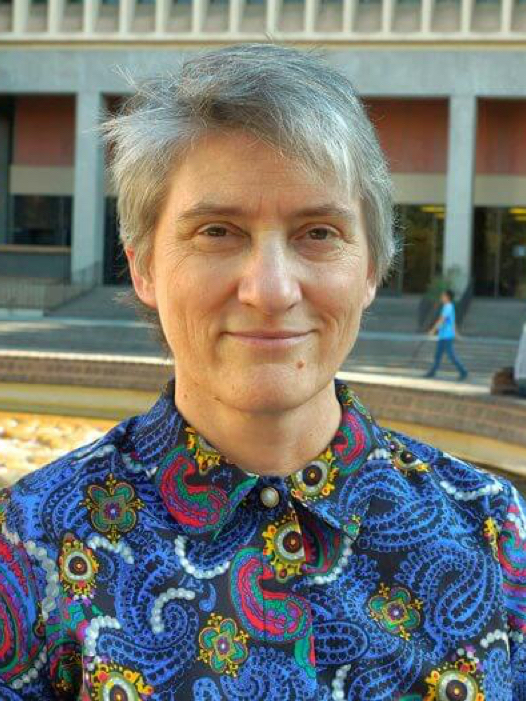
Ethnomusicologist specializing in musics of the Naxi and Han ethnic groups in Yunnan and intangible culture heritage in China. Ethics Advisor of ECura project.
Prof. Yu Hui
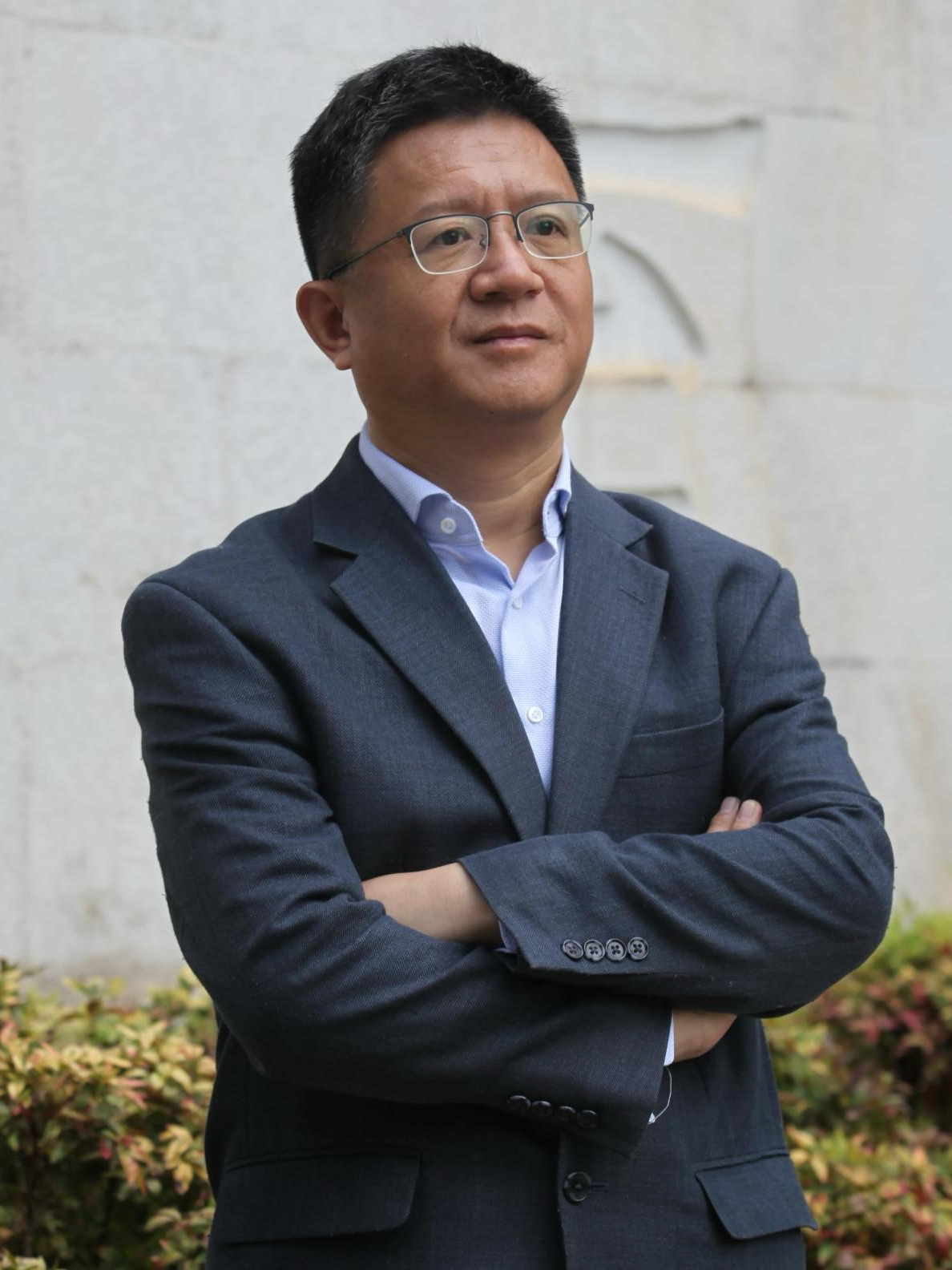
Ethnomusicologist specializing in Chinese traditional music in the digital era and ethnic minority music in Yunnan.
Prof. Lonán Ó Briain

Ethnomusicologist specializing in music and culture of Hmong Ethnicity in Vietnam; External Independent Ethics Advisor.
Dr. Xingfu Li
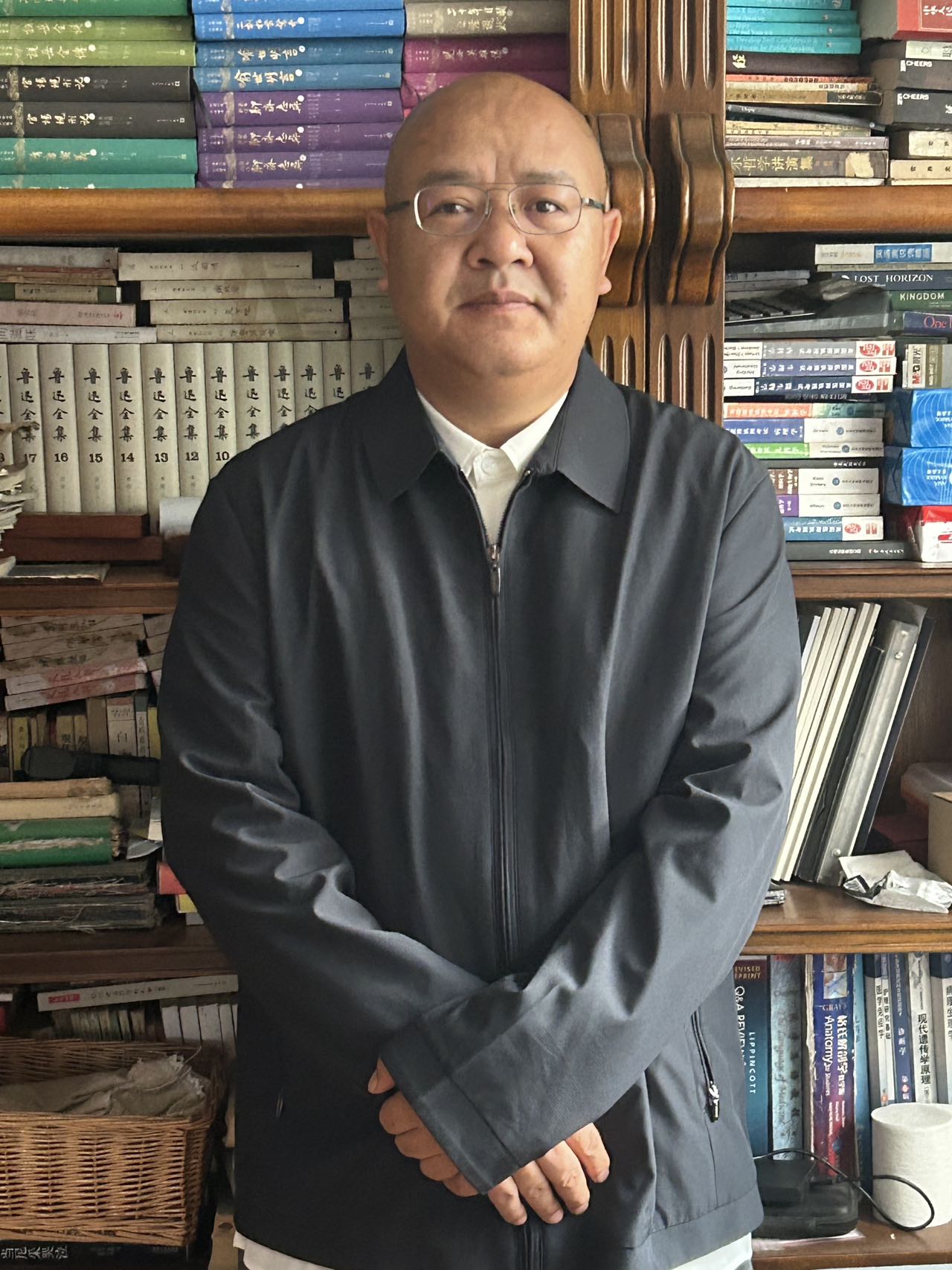
Associate Professor at Yunnan Minzu University, specializing in ethnic minority languages and Yi culture.
Local Senior Advisors
Deng Ke. Music program producer, China Central TV Station
Long Chengpeng. Chief editor of Journal Ethnicity Today
Su Junjie. Director of the Yunnan Provincial Research Base of Intangible Culture Heritage & Assoc. Prof. at School of Ethnology and Sociology, Yunnan University
Su Xiaoyin. Manager of Yunnan Yingda Film and TV Cultural Media Inc.
Xin Weibo. Manager of Yuansheng Fang
Related Websites
China Intangible Cultural Heritage
Center for the Protection and Research of Language Resources of China (语宝)
Music Research Institute of the Chinese National Academy of Arts
Cooperative Partners
Meige Studio
Yunnan Yingda Film and TV Cultural Media Inc.
Funding and Institution

